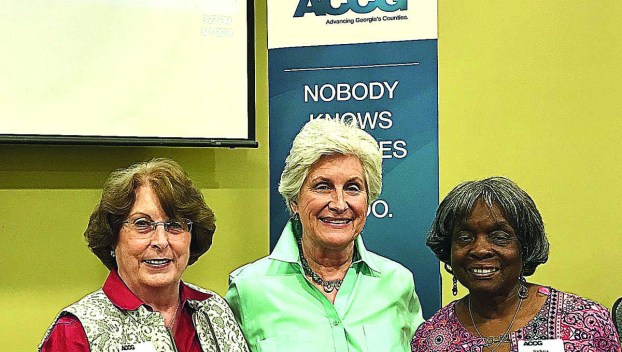
Ga Fl News
Local advocates attend mental health summit
MACON, Ga. — Counties across Georgia are seeing the impact of mental health issues. Changes to the way ... Read more

MACON, Ga. — Counties across Georgia are seeing the impact of mental health issues. Changes to the way ... Read more

MACON, Ga. — Counties across Georgia are seeing the impact of mental health issues. Changes to the way ... Read more